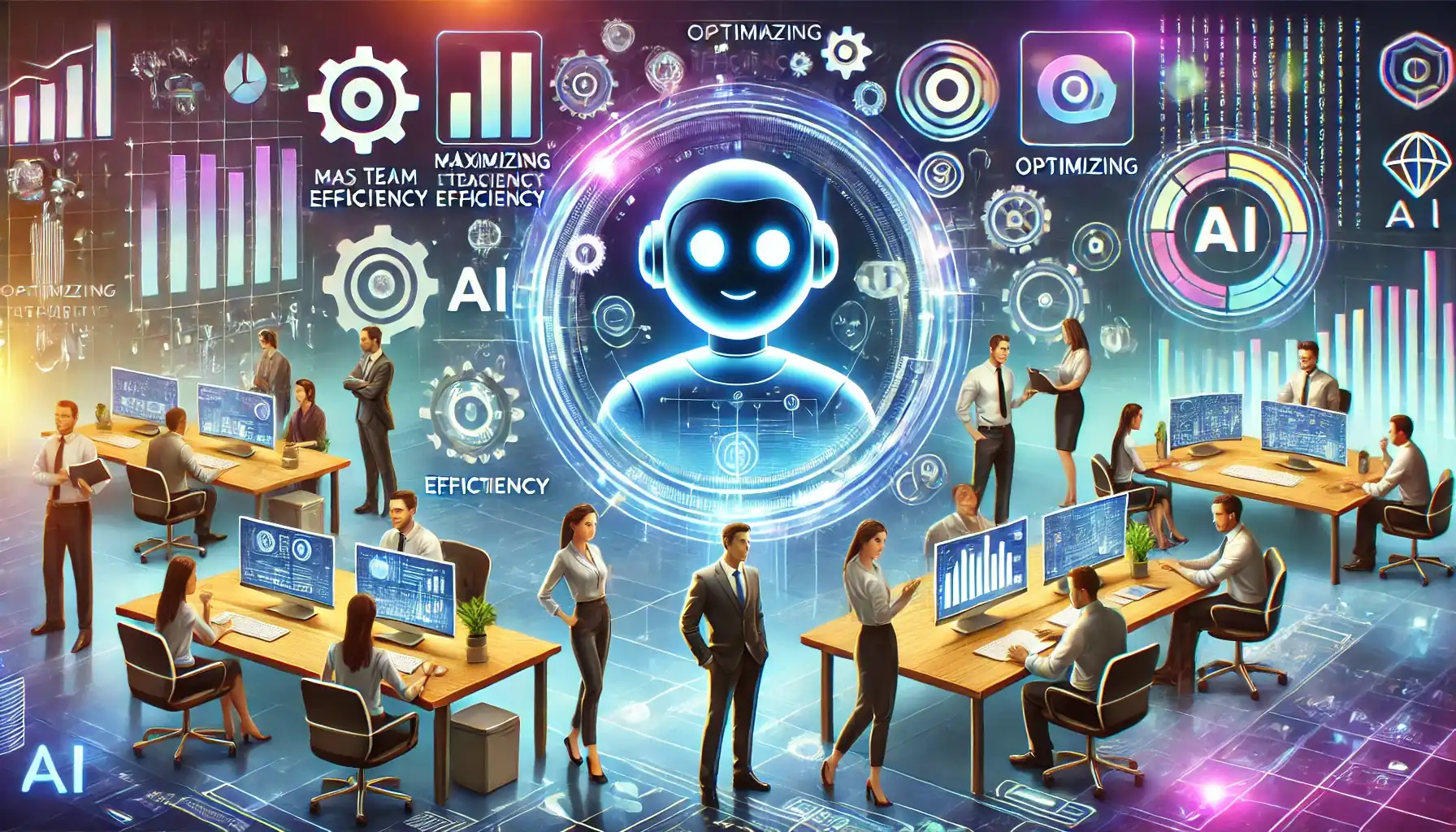
Common Pitfalls in Digital Research Workflows
Overlooking Integration Capabilities
In the fast-paced world of academic research, seamless workflow integration is crucial. Many researchers fall into the trap of using disconnected tools, hindering productivity. To avoid this pitfall:
Choose tools that offer robust integration capabilities
Ensure seamless connection between various aspects of your research workflow
Look for platforms that sync data across literature searches, note-taking, and writing
By selecting tools that work in harmony, you'll create a smoother, more efficient research experience that allows you to focus on your academic insights and discoveries.
Neglecting Collaborative Features
In today's interconnected academic landscape, neglecting collaborative features can significantly hamper research quality and impact. Collaborative tools offer numerous benefits:
Real-time document editing
Shared annotation of research papers
Collaborative mind mapping sessions
Facilitation of mentorship and peer learning
By embracing collaborative features, you're not just improving your own work – you're contributing to the growth of your entire academic community.
Maximizing Efficiency with AI-Powered Academic Tools

Underutilizing Automated Analysis Features
AI-driven content summarization can transform how you approach literature reviews, data interpretation, and writing. Benefits include processing vast amounts of information quickly, identifying key themes across hundreds of papers, generating concise summaries of complex articles, and assisting in analyzing research data and spotting patterns. By fully utilizing these automated features, you're augmenting your expertise and focusing on higher-level thinking and creative problem-solving.
Ignoring Customization Options
Customizing academic thinking tools can dramatically boost productivity and effectiveness. Consider tailoring the layout of your digital workspace to mirror your thought process, adjusting color schemes to reduce eye strain, reorganizing toolbars to prioritize frequently used features, and creating custom keyboard shortcuts for common actions. By personalizing your academic tools, you're investing in a more comfortable and efficient research experience.
Enhancing Comprehension Through Visual Knowledge Mapping

Failing to Exploit Interactive Visualizations
Interactive visualizations are powerful tools that can significantly enhance understanding and retention of complex information. They engage different parts of the brain for deeper comprehension, organize information hierarchically with mind maps, and help spot patterns obscured in text or raw data. Whether mapping out a literature review or planning thesis chapters, interactive visualizations provide clarity and insight that text alone cannot match.
Overlooking Multi-Document Comparison Tools
Multi-document comparison tools are crucial for identifying research gaps and connections across various sources. These tools allow you to juxtapose different papers, reports, or datasets side by side, highlight similarities and differences, spot trends across multiple studies, and find supporting evidence for your hypotheses. By using these comparison features, you can position your research within the broader academic conversation more effectively.
Optimizing Research Output with Advanced Features
Neglecting Citation Management Capabilities
Advanced citation management tools offer significant advantages:
Automatically generate citations in your preferred style
Pull metadata directly from PDFs or web pages
Annotate and organize references
Integrate with word processors for easy citation insertion
Help avoid accidental plagiarism
By fully utilizing these capabilities, you save time and enhance the professionalism and credibility of your academic output.
Underestimating the Power of Integrated Questioning
Leveraging AI for deeper inquiry can transform how you approach research problems. Benefits include formulating more precise questions, breaking down complex problems into manageable sub-questions, receiving real-time feedback on question quality, challenging assumptions, and developing skills as a researcher and critical thinker. Engaging with AI-assisted questioning tools can lead to more innovative research approaches and robust academic outputs.
Future-Proofing Your Academic Toolkit
Resisting Adoption of Emerging Technologies
Embracing innovation is crucial for research excellence. Emerging technologies offer machine learning algorithms for analyzing vast datasets, virtual and augmented reality tools for data visualization, and new methodologies that enhance research quality and impact. By staying informed about and experimenting with new technologies, you position yourself at the forefront of your field.
Overlooking Long-Term Knowledge Retention Strategies
Building permanent, accessible knowledge structures is crucial for long-term success. Effective strategies include creating a personal knowledge management system, using tools for interconnected note-taking, developing a tagging system for easy information retrieval, and implementing methods to preserve and access accumulated knowledge. By focusing on long-term knowledge retention, you create a rich resource that can inform and inspire your research for years to come.
Mistake | Consequence | Solution |
|---|---|---|
Overlooking Integration | Fragmented workflow, reduced productivity | Choose tools with robust integration capabilities |
Neglecting Collaboration | Missed insights, slower progress | Utilize platforms with strong collaborative features |
Underutilizing AI Analysis | Inefficient literature review, missed patterns | Fully leverage AI-driven summarization and analysis tools |
Ignoring Customization | Suboptimal user experience, reduced efficiency | Tailor tools to your specific research needs and preferences |
Failing to Use Visualizations | Difficulty grasping complex concepts | Exploit interactive visualization features for better comprehension |
